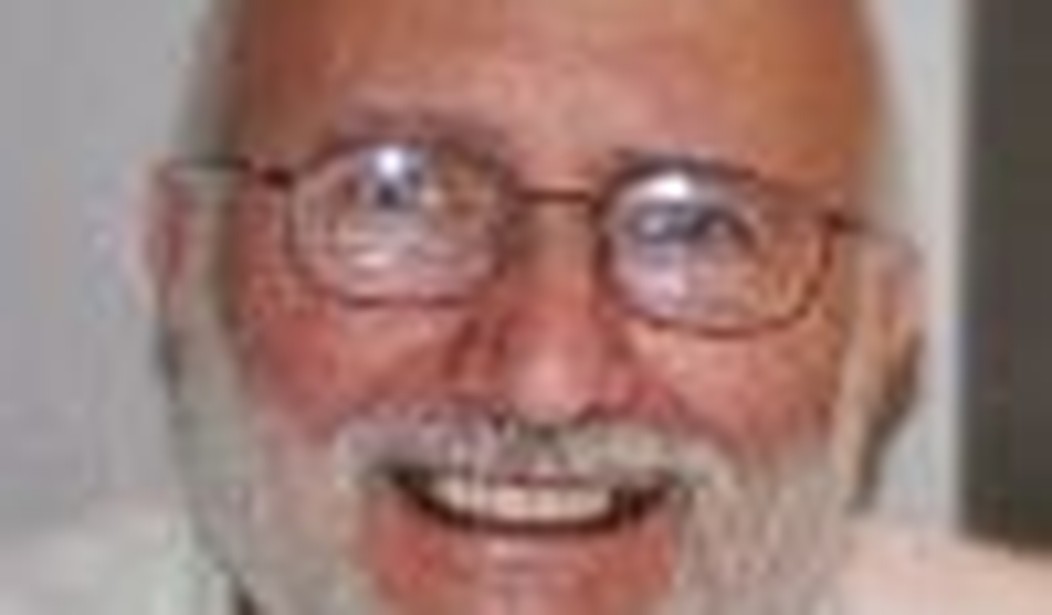If you’ve been following the recent headlines about Cuba, chances are you’ve heard that the Communist island is undergoing major changes. In reality, President Raúl Castro’s vaunted reforms essentially amount to some modest economic adjustments, not unlike those that Havana implemented during the “special period” of the mid-1990s, following the demise of the Soviet Union.
For example, Cuba has increased the number of legally permissible self-employment activities, which will give a slight boost to domestic entrepreneurship. The regime has also pledged to let citizens “sell” their homes, but this doesn’t really make sense, because those homes are officially government property. As Cuban dissident economist Oscar Chepe told the Financial Times, the Castro reforms are “too little, too limited, and too late.” Communist authorities are not fundamentally revamping the Cuban economic system; they are merely treading water, attempting to stay afloat amid the country’s worst crisis since the 1959 revolution.
While the economic changes have been meager, the political changes have been virtually nonexistent. Saying that regime officials will heretofore be limited to two five-year terms, as Raúl Castro did in April, is not much of a concession. After all, the Cuban Communist Party (CCP) continues to wield absolute, totalitarian power. Without political pluralism and free elections, term limits are meaningless. The two men who now sit directly below Castro in the CCP hierarchy are octogenarian José Machado Ventura and near-octogenarian Ramiro Valdés: both members of the original revolutionary generation, and both ideological hardliners. (Valdés founded Cuba’s notoriously brutal G2 spy agency.)
In other words, Cuba is still quite a long way from a genuine transformation. And indeed, even as the Castro regime attempts to convince gullible Americans and Europeans that it deserves normalized relations, it can’t help but show its true colors. Consider the ongoing saga of Alan Gross, a 62-year-old American humanitarian worker who traveled to Cuba a few years ago as part of a USAID-funded mission aimed at helping the island’s tiny Jewish population (estimated at 1,500) obtain Internet access. That seemingly harmless act was enough to make him a national-security threat in the eyes of Communist authorities, who jailed Gross on bogus spying charges at the end of 2009 and sentenced him to a 15-year prison term this past March. On August 5, a Cuban court upheld his sentence, prompting fierce condemnations from Washington.
The Gross affair has poisoned bilateral relations at a moment when Cuba is mired in a terrible economic slump and desperately needs hard currency. Which begs the question: Given its desire for U.S. concessions — such as a lifting of the travel ban — why does the Castro government insist on detaining an obscure USAID contractor whose only “crime” was to provide a very small number of Cubans with Internet equipment?
Simple: The regime fears Alan Gross because, like any repressive dictatorship, it fears an informed, organized citizenry that can utilize modern communications tools. More specifically, it fears the USAID-backed Cuban democracy programs and wants to bully Washington into canceling them. Many U.S. lawmakers — including Senate Foreign Relations Committee chairman John Kerry — believe those programs are ineffective, but Havana apparently considers them a significant threat to Communist rule.
Indeed, Cuba’s fear of the USAID programs is sufficient reason to maintain and even expand them, while also ensuring that the relevant funds are spent efficiently. If Cuban authorities felt that the programs were merely a trivial annoyance, they wouldn’t have sentenced Alan Gross to 15 years in prison. The Communist leaders recognize that when dictatorships lose their monopoly on information, their monopoly on political power begins to weaken as well. That’s why Gross remains in jail: His attempt to promote greater Internet access in Cuba was perceived as a direct challenge to the government’s iron-fisted control of all media.
Needless to say, the 15-year sentence is an outrage, and U.S. officials should continue demanding Gross’s release. Moreover, they should tell Havana that not a single concession will be made — no more relaxing of the travel ban, no more loosening of the trade embargo, no negotiations over Cuban spies convicted in the U.S. — until he is returned home. America’s Cuba sanctions are frequently denounced as archaic, but they give the United States some real leverage over the Castro regime. Washington should use every bit of that leverage to liberate Havana’s American prisoner.









Join the conversation as a VIP Member